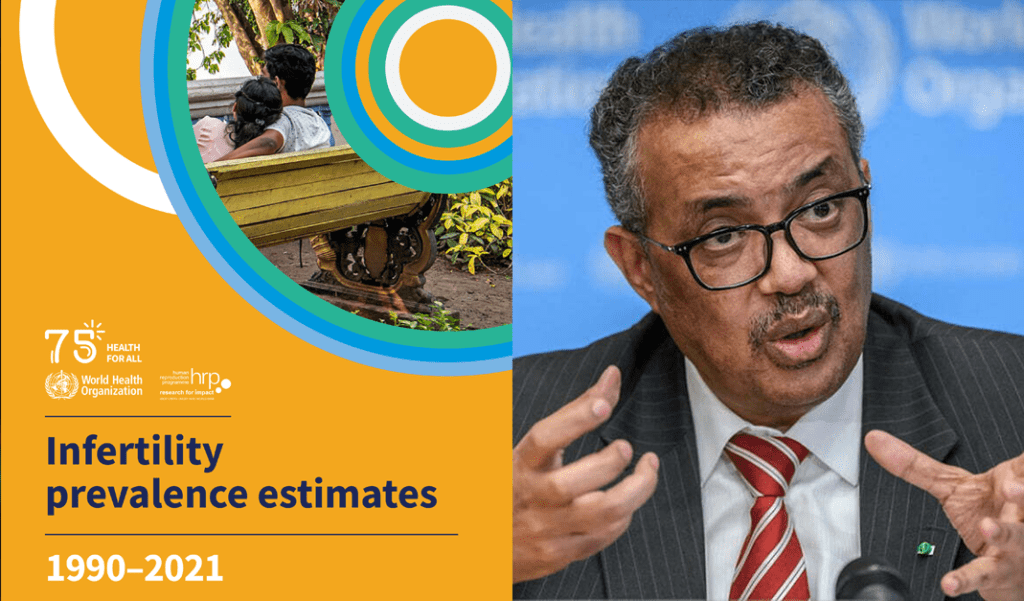A new report from the World Health Organization (WHO) reveals that around 17.5 per cent of the adult population worldwide, or roughly one in six people, experience infertility. The report emphasizes the urgent need to increase access to affordable, high-quality fertility care for those in need.
According to the report, there is limited variation in the prevalence of infertility between regions, with rates comparable for high-, middle-, and low-income countries. WHO Director-General Tedros Ghebreyesus states that this shows that infertility is a major health challenge globally and does not discriminate.
Infertility is defined by the failure to achieve a pregnancy after 12 months or more of regular unprotected sexual intercourse. Despite the magnitude of the issue, solutions for the prevention, diagnosis, and treatment of infertility, including assisted reproductive technology such as In-Vitro Fertilization (IVF), remain underfunded and inaccessible to many due to high costs, social stigma, and limited availability.
The report calls for greater availability of national data on infertility disaggregated by age and cause to help quantify infertility and understand who needs fertility care and how risks can be reduced.
The high costs of fertility treatments are largely funded out of pocket, resulting in devastating financial costs, especially for those in the poorest countries who spend a greater proportion of their income on fertility care compared to people in wealthier countries. This makes infertility treatments inaccessible for many and can even lead to poverty as a consequence of seeking care.
Dr Pascale Allotey, the director of Sexual and Reproductive Health and Research at WHO, emphasizes that millions of people face catastrophic healthcare costs after seeking treatment for infertility, making this a major equity issue and all too often, a medical poverty trap for those affected. She suggests that better policies and public financing can significantly improve access to treatment and protect poorer households from falling into poverty as a result.


